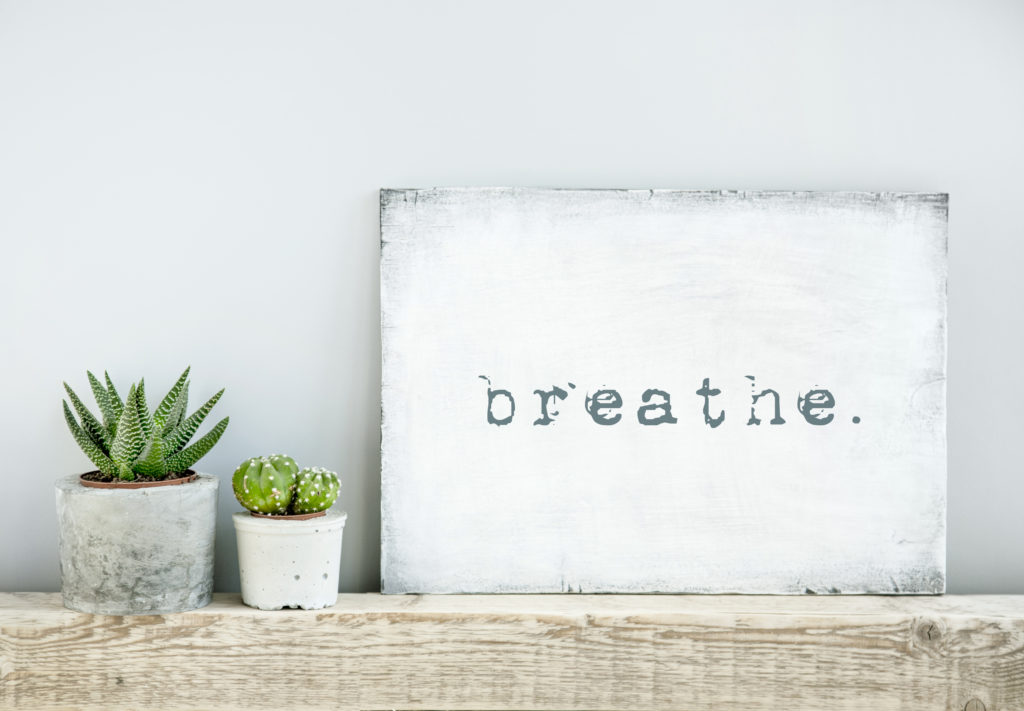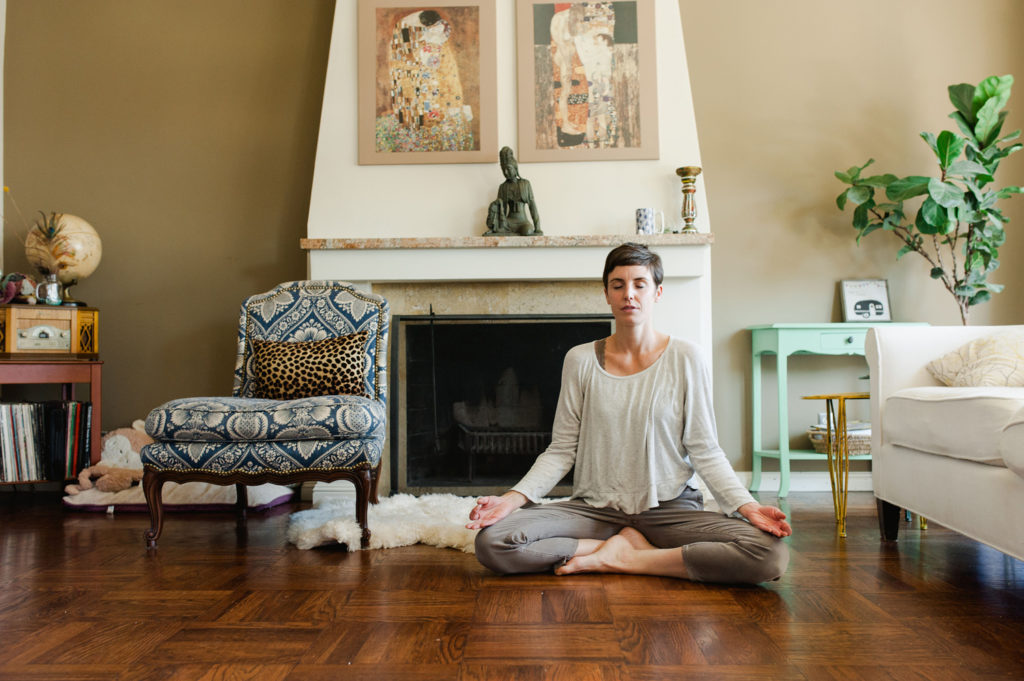
Life starts moving so fast.
I often think, if I just moved out of the city, I’m sure it would be easier to slow my life down.
Have you ever thought that moving would solve your problems? I do it ALL THE TIME.
Then I play the tape. If I left the city, I would take my kids with me. They would need to get to school with lunches and clean clothing on. I would bring my organizing business along and my husband would probably continue to work and travel often. We would live in a home that required upkeep.
Before I’ve had a moment to enjoy my fantasy of country living, I’ve carried my burden and hustle with me and I can already feel the overwhelm creeping into my new life.
Humm.. This has me thinking.. maybe I can move around the variables a bit.
If I can see myself bringing the hustle with me to the country, or suburb, maybe I can stay put in the city and incorporate some elements of slow living.
A switcheroo!! Maybe I don’t need to move; which sounds like a lot of work and trouble anyways. Maybe I just need to inject my city life with some elements of slow living. Might be helpful to determine the aspects of my life that make it feel like a hustle.
Sources of Hustle:
- too much to do, not enough time to do it
- too much stuff to manage
- too many places to be
- too many moving parts
- too much work, not enough time to rest and recharge

Slow Living Solutions:
Move towards a Clutter Free Home
Time that could have been spent resting or doing an activity that recharges me, is often spent cleaning up the stuff in our home. If I can stay on top of clutter and remove any items that do not serve a purpose, I am more able to slow down and actually enjoy my life. The less we have to manage, the less time it takes to manage all the moving parts.
Early Decision Making
You know, we waste A LOT of time with the effects of delayed decision making. Clutter for example, do you know what that is? It’s a tangible pile of delayed decisions. Rather than putting down an item in the corner and telling yourself you will deal with it later, we can determine if a. the object is necessary b. how we will use it and c. where it should live. Then it’s in place and we don’t have the inefficiencies of moving it around unnecessarily. Early decision making is also vital in food management. If we know what we want to cook for the next 3 days when we are at the grocery store, we have a much more successful food shop.
Pause
Building in space and permission to pause can be a huge shift. I now resist the urge to say something right away or replying to the email upon seeing it for the first time. I even park my car and take a moment to breath and tinker around before I get out. This space give us a little bit more buffer between the many happenings. Another factor in building in space to pause is managing our time with more buffer. By planning to be places early, rather then planning to be right on time, we often find a few extra minutes. This habit also reduces the stress levels when someone unexpected does occur.
Quiet Time to Reflect
As we quite our external surroundings, we might become more aware of internal busyness. By setting an intention to establish a peaceful morning routine and then incorporating the practice of that ritual, we can start our day off with grounded, connected intentionally. This morning ritual will look different for everyone.It might include spiritual readings, prayer, meditation, writing or crafting. What ever it is, let is be meaningful to you.

Here’s the truth of the matter.
We can slow our lives right where we are. And it’s about practice not perfection.
![]()
